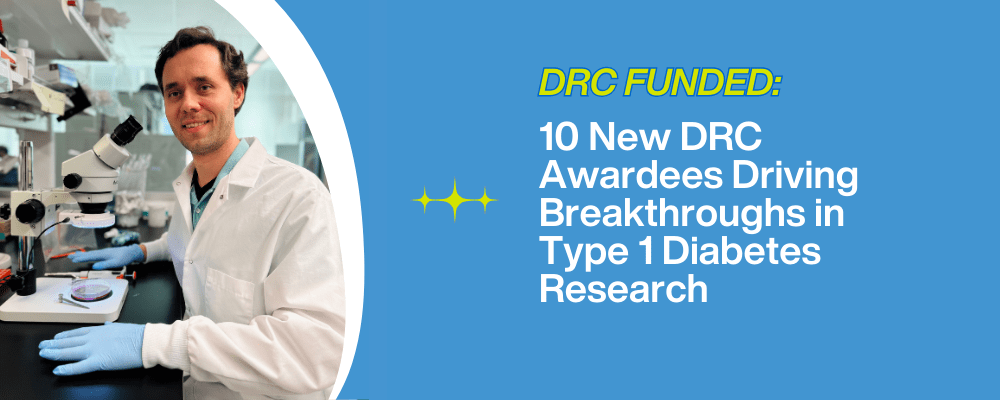One of the main focuses of many studies regarding type 1 diabetes is how to generate new cells or reprogram existing cells to function as insulin-producing beta cells. Scientists have been exploring islet transplantation, gene editing, and more. Now, scientists from Oregon Health and Science University led by Professor Markus Grompe and Dr. Feorillo Galivo are evaluating the potential that human gallbladder cells may hold.
In type 1 diabetes, the body mistakenly destroys insulin-producing cells leading to uncontrolled blood glucose levels. The scientists introduced four new genes into harvested gallbladder cells which reprogrammed the cells to act more like the insulin-producing beta cells that the body had destroyed. In laboratory testing, these cells were able to respond to increased blood glucose levels by producing insulin. They also transplanted the cells into mice, but more research is needed to determine whether they are able to effectively control blood glucose levels. One issue that was discovered is that the cells had a very short lifespan, only surviving about four weeks. Some cells were also overly active.
They are still in the earlier stages of research and more testing and adjustment is necessary, but preliminary results show that this technique may hold great potential. This is yet another treatment strategy to explore and see how it can be used to treat and potentially cure type 1 diabetes.
The Diabetes Research Connection supports novel research projects by early career scientists providing up to $50,000 in funding. Projects are all focused on preventing and curing type 1 diabetes or improving quality of life for those living with the disease. To become a donor and support these initiatives, visit http://diabetesresearchconnection.org.




